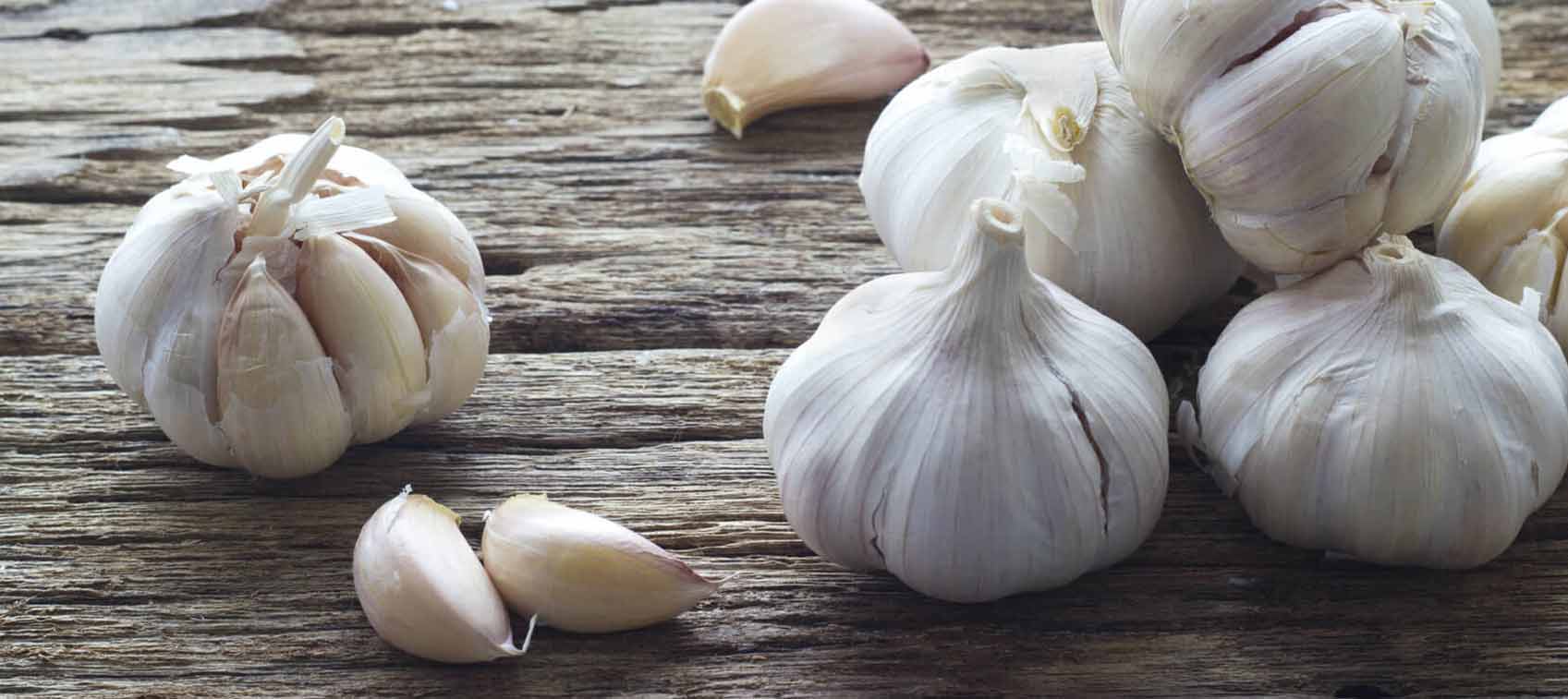
If you have irritable bowel syndrome (IBS), you’re not alone. Cases of IBS are clearly on the rise—and so are the sales of prescription and over-the-counter drugs to treat IBS. Yet, as a naturopathic doctor I like to treat the root of the issue—not the symptoms—and that’s definitely the case with IBS.
Researchers have discovered a little-known condition called small intestinal bacterial overgrowth (SIBO) that is contributing to the symptoms and distress of IBS. And treating SIBO can often alleviate IBS, right at the source.
What is SIBO?
Your digestive tract is inhabited by many different microbes, like bacteria and yeast, most of which are housed in your large intestine. These microbes help create a microbiome, or community of organisms that are involved in many specialized functions in your body, including digestion.
Unlike your large intestine, which is literally saturated with bacteria, your small intestine should contain very few bacteria species. But this isn’t always the case. Sometimes, bacteria can invade the small intestine and proliferate there, leading to SIBO.
When SIBO develops, unwanted colonies of bacteria take hold and can damage the mucosal cells lining the small intestine walls. As a result, the small intestine can no longer effectively absorb nutrients from your food—especially fat-soluble vitamins and iron.
Plus, these unwanted bacteria can feed on improperly digested food stagnating in your small intestine—producing a number of uncomfortable symptoms associated with IBS, such as painful gas and bloating.
What Are the Symptoms of SIBO?
Symptoms of SIBO can include:
- Belching
- Heartburn
- Nausea
- Abdominal pain or cramping
- Diarrhea
- Constipation
- Alternating diarrhea/constipation
And the latest scientific research points to a strong association between SIBO and IBS. In fact, SIBO can be found in over half of all IBS cases, and when treated properly, can help alleviate many symptoms associated with IBS.
Diagnosing SIBO
Although research hasn’t pinpointed an exact cause of SIBO, I’ve found common links among my patients who have tested positive for this condition:
- Long-term use of acid reflux medications, especially proton pump inhibitors
- Long-term use of antacids
- Long-term use of antibiotics
- Food poisoning, with subsequent onset of IBS symptoms
- Conditions that worsen constipation, including hypothyroidism and diabetes
- Bowel surgeries
- Bowel obstruction conditions, such as diverticulitis
Plus, there are often additional clues that can point to SIBO, including:
- Unexplained anemia and/or chronically low ferritin levels
- Malabsorption of nutrients
- Systemic symptoms associated with leaky gut such as joint pain, fatigue, skin rashes, thyroid dysfunction, and cognitive dysfunction (i.e. foggy brain)
- Constipation after eating vegetables
- Worsening symptoms when taking probiotics with prebiotics
- Improvement of symptoms after taking antibiotics
Breath Testing
If you believe you have SIBO, work with an integrative medicine practitioner to complete a SIBO breath test. Breath testing measures both hydrogen and methane—two gases that are produced by overgrowth of bacteria in your small intestine. So if the test detects an abnormal elevation of gases, you can be quite certain that your small intestine is harboring excess bacteria.
The test requires you to drink a sugar solution after completing a one-to-two-day preparatory diet. (The diet eliminates foods that would fuel the bacteria, ensuring that the test measures a reaction to the sugar solution alone.) The good news is, this test can be done in the comfort and privacy of your own home.
What Are Your SIBO Treatment Options?
Once you have a confirmed SIBO diagnosis, there are many treatment options for you to consider. For my patients, I recommend a 4-pronged approach:
- First, eliminate excess small intestine bacteria with a 2 to 4-week course of anti-microbial herbs and/or antibiotics. My preferred treatment is herbal, and I rotate a combination of herbs such as garlic, berberine containing herbs (goldenseal, oregon grape, coptis), oregano oil, and neem oil.
- Harness the healing power of herbs. I find the following herbs useful adjuncts for treating dysbiosis including SIBO: Caprylic acid, Wormwood, Olive leaf, Cats’ Claw, Pau D’Arco, Black walnut
- If patients prefer to take antibiotics I will prescribe Xifaxan. This is a very expensive medication, however, and insurance may not cover it. Research shows a 50% failure rate with Xifaxan, so multiple rounds are often required particularly if the next three prongs are neglected.
- Next, introduce (and stick to) a specific diet that restricts foods known to fuel small intestine bacteria. I highly recommend a SIBO diet developed by one of my colleagues, Dr. Allison Siebecker. Visit www.siboinfo.com/diet for complete details. Some patients prefer to follow the Specific Carbohydrate Diet (SCD). Everyone will benefit from consuming more bitter foods like arugula, or dandelion greens. Bitter foods stimulate the gallbladder, and help to “prime” the digestive tract.
- Support your body’s natural function of sweeping bacteria through, and out of, your small intestine. This function is performed through a mechanism called the migrating motor complex (MMC), and I’ve found that certain medicines called pro-kinetic agents encourage strong MMC function. My favorite pro-kinetic agent is low dose naltrexone (LDN), because it also has helpful anti-inflammatory benefits. But other pro-kinetic agents to consider are iberogast, which is a bitter herbal formula, and ginger.
- Finally, to help prevent the recurrence of SIBO, I recommend specific nutrients to help nourish and fortify your gut, including hydrochloric acid (HCL) taken with meals, bitter herbals, and pancreatic enzymes. You can also add glutamine, zinc carnosine, turmeric and colostrum for extra GI support. Probiotics can be helpful as well, but make sure to select a formula without prebiotics, like FOS or inulin, because prebiotics actually feed bacteria and can increase the risk of SIBO recurrence.


